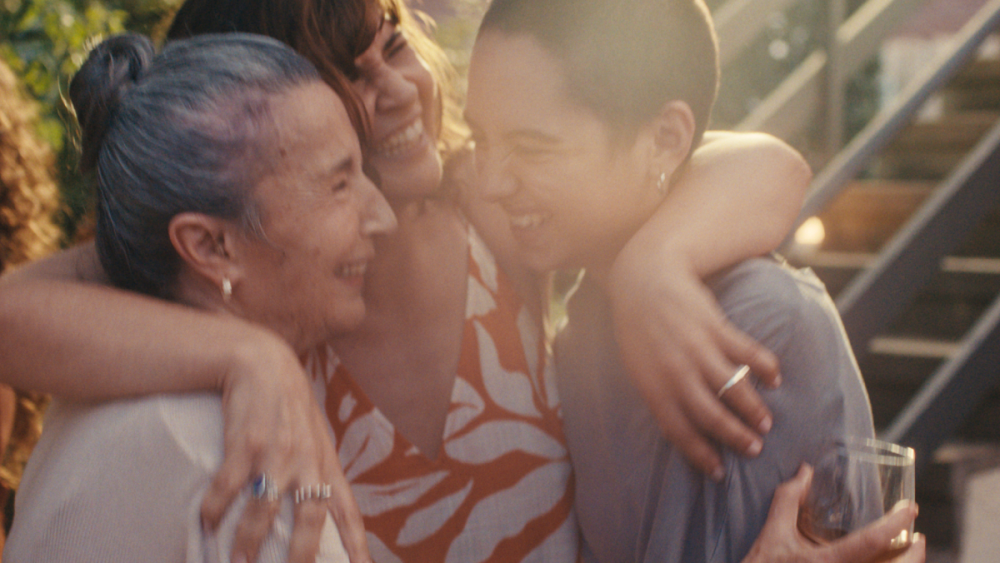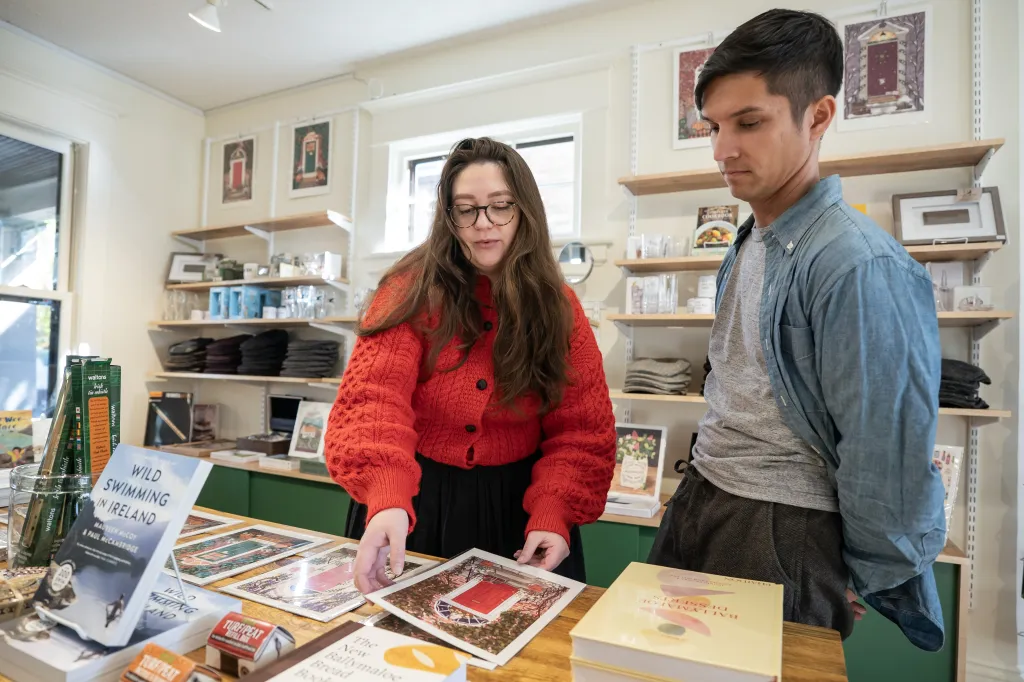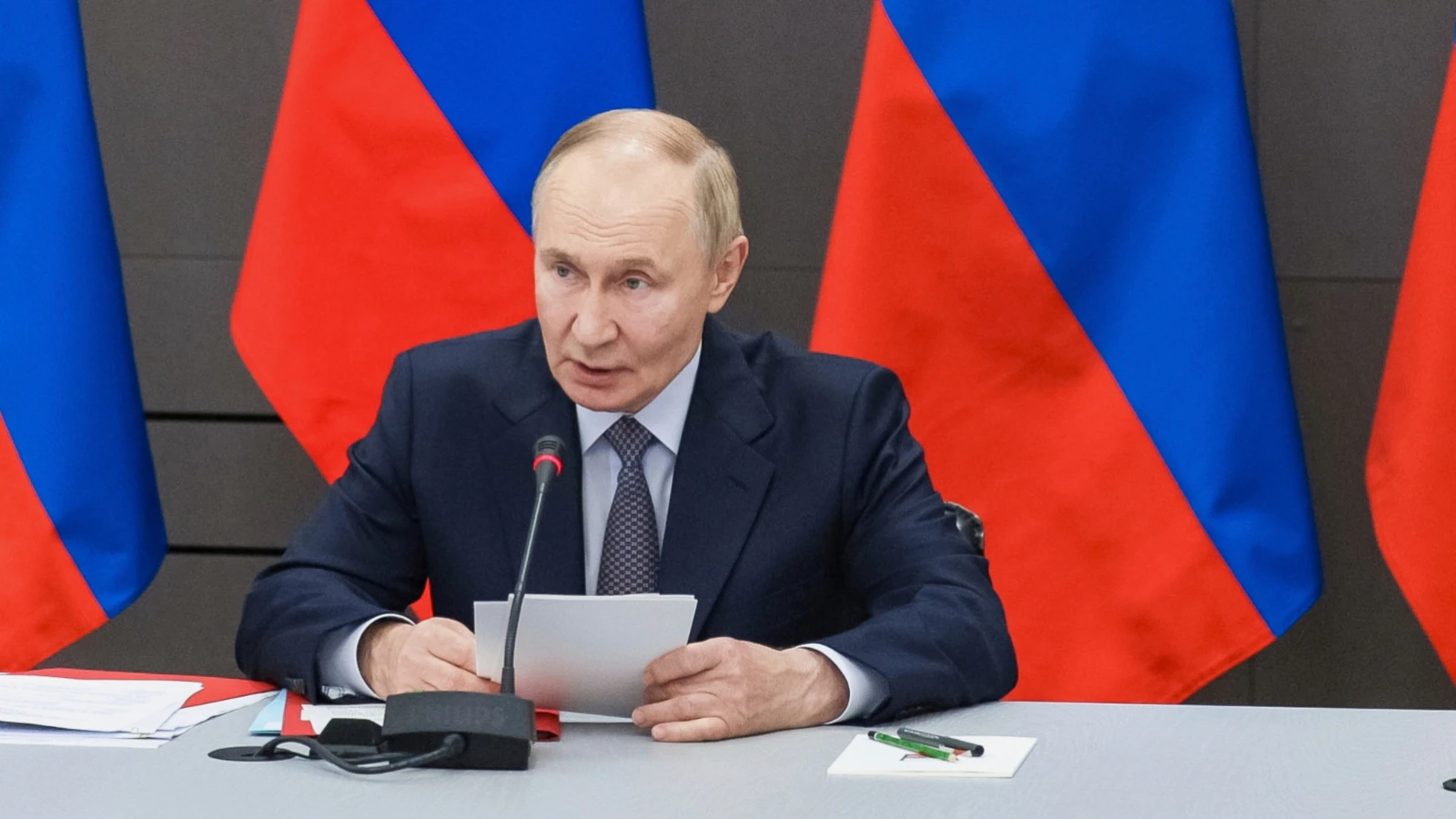Copyright Variety

“My parents didn’t just argue,” Carmela confides in her best friend at school, her face darkening. But she doesn’t go into detail. “Have you ever seen your dad act violent? Has he ever treated your badly?” a judge asks Carmela later in the film, in a crux scene caught in a new teaser trailer for “The Good Daughter,” from Catalan Júlia de Paz Solvas. The teaser does not capture Carmela’s reply. Sold by Beta Cinema, The Good Daughter” world premieres in main competition at the Tallinn Black Nights Film Festival, which runs Nov. 7-23. It begins with Carmela meeting her father in a secured room to ensure he will not meet her mother, who drops her off. Julia loves both parents, idolizes her father, who is preparing an art exhibition, wants to remain loyal to him, whatever he does, whatever her own cost. What he does do to Carmela, in psychological and physical terms, exacts a tremendous emotional toil on her, which she tries to bear in silence. Co-written with Núria Dunjó Lopez (“Ama,” “Jone Sometimes”), “The Good Daughter” marks the second feature by De Paz Solvas, a Variety 2021 Spanish Talent to Track whose debut “Ama” won …. She leapt to much further prominence this year for co-writing “Querer,” which won this year the top Grand Prix at Series Mania, Europe’s biggest TV festival. There have been any films on gender violence but “what’s most notable about ‘The Good Daughter’ is without doubt its viewpoint. The cinema I like most are films that present viewpoints that I’d never really thought about before,” says Sergio Grobas, the film’s producer at Barcelona-based Astra Pictures, which co-produced with Madrid’s Avalon Pictures and Belgium’s Kratin Films. Variety sat down with De Paz Solvas in the run-up to the Black Nights Films Festival, where “The Good Daughter” is one of the big highlights among new films, at a Focus on Catalonia, dedicated by Tallinn Festival at a territory which has taken festivals by storm while emerging as a extraordinarily fertile co-production force in Europe and Latin America. The teaser you’ve chosen to publish with Variety drives at the heart of the film: its exploration of gender violence from a not-so-often-considered angle of a daughter? How did you come to explore it? If we want to talk about an issue, Nuria, the film’s co-screenwriter, and I always begin by research, which in this case took more or less four or five years. I wanted to explore gender-based violence. So we began to interview its victims, survivors. Talking with them, we realized that the large majority were hugely worried about their children which in a large majority of cases were not considered victims since they hadn’t suffered direct physical nor sexual violence from the abuser, their father. As a militant feminist, I was surprised I hadn’t thought about this… . The sons and daughters don’t receive psychological counselling? At both a judicial and social level when it’s a case of psychological violence, it’s difficult for it to be considered violence since it’s subtler, if I can use that description. Since there isn’t evidence which proves violence, which can be the case with physical or sexual abuse, it’s more difficult for it to be considered violence. What we found is that the Spanish justice prioritises the role of the pater families, the father, rather than the figure of an abuser. And you talked to the children of victims of gender-based violence? Yes, the mothers asked their children – who were normally around the age of Carmela in the film – if they wanted to be interviewed. We interviewed sons and daughters, letting them talk about what they were comfortable about. What they said enriched the screenplay. Also the screenplay was revised by Raúl Lizana, one of Spain’s leading authorities on vicarious violence – when an aggressor who does not have direct access to the woman he wants to harm exercises that violence on significant persons for her. Did you interview aggressors? We met with men who had been jailed for gender-based violence. It’s very easy to fall into clichés. We wanted to show they are not always monsters but have cycles of violence which means that at times they can be spontaneous, seductive, that there are moments of light. We wanted to create this sense of duality of the moments when Carmela is with her father, and in a certain way enamoured of him. We’d like spectators to understand that there’s no specific figure of a victim of gender-based violence, that it’s far more complicated that we are given to believe. In the film’s first half-hour or so, you understand that the father has been guilty of gender-based violence but you don’t see it. That builds tension and suspense.… Yes, there’s a certain similarity with “Querer”: That spectators have to fill in the gaps and be asked to doubt a kind of violence which isn’t that clear. In the scene at the swimming pool, it’s not quite totally clear if this was a game that they’d just seen. In “Querer,” for example, we didn’t want to show the husband’s attacks but rather the post. What were your guidelines as a director? I wanted to follow Carmela at every moment, without judging her, and also that the film would travel between darkness and light, a light captured for example in the relationship with her friends or with the first kiss. We also wanted to play with spaces. I asked Victor Santacana, our art director, to work in a way that, even if Carmela wasn’t in a space, she would be for the spectator. And do you sense that you form part of a a new generation of Catalan filmmakers who have broken trough in the last 10 years and are often women? At a conscious level, maybe not so much but it’s true that I feel part o0f a network which we’ve all built together. Eva Libertad (“Deaf”), Gemma Blasco (“La Furia”), or Sara Fantova of “Jone, Sometimes” are my friends. I’ve grown up with them. If I have questions I’ll ask the or other friends. For example, Alauda Ruiz de Azúa, writer-director of “Querer,” helped me with the editing of “The Good Daughter.” We have this support network between us.



